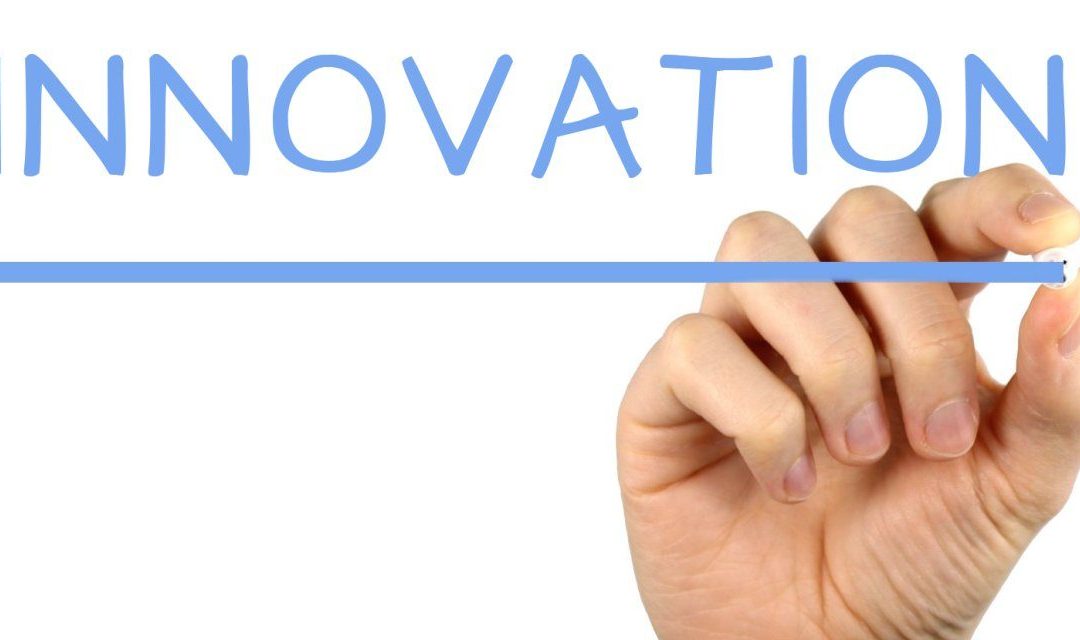Tourism plays a fundamental role in the economic development of the country, since it favors job creation, promotes infrastructure improvement, provides local communities with a better quality of life, and generates a strong inflow of foreign currency.
Tourism in our country already generates more than 10% of GDP, and around 12% of employment, and with an upward trend, an industry that has been able to replace other primary industries, and that has served to reconvert the Spanish business model over the years.
A "goose that lays the golden eggs" that may end if we are not able to transform and adapt it to the new times, more and more people are traveling and traveling farther, more and more people are including travel as an essential part of their leisure time.
The UNWTO announces that in ten years the world's traveling population will double from the current 1 billion to 2 billion people traveling around the world, in an era in which the new generations consider travel as a habit from birth.
The needs of this growth must be met by the industry's ability to offer new products and experiences to the different types of travelers, who shun mass experiences and require unique, exclusive and personalized proposals.
Companies in the sector operate in an increasingly competitive market, immersed in a profound digital transformation leading to frequent structural changes. New players offering cutting-edge hospitality services have challenged traditional providers. The revolution of booking websites has forced many traditional stores out of business. On the other hand, many hotels do not know how to cope with the empire of Airbnb and similar propositions.
The question to ask is obvious: how should they react to the increasing pressure from these participants?
To be able to face this situation, companies must bet on innovation, either by reducing their costs or by generating a wide range of value-added products that meet the particular demands of their customers. However, it is clear that the cost of these processes, the difficulties of adapting to new technologies and time constraints, and even disbelief and/or passivity have weighed down tourism agencies and suppliers in this area. Therefore, those who propose to spend resources on outdated proposals that do not solve real problems should be encouraged to redouble their efforts (economic or otherwise), and relentlessly seek solutions that are truly necessary for the new times.
Within the framework of conventional agencies, travelers consider that the processes section is the one that most needs improvement above all others, according to the "Innovation Report on Agencies in Spain" carried out by BRAINTRUST, Amadeus Spain and Segittur. In the leisure segment, they believe that the variety of vacation products should be expanded, specifically by creating personalized experiences tailored to user demand. In the business segment, it is vital to optimize organizational aspects through specialized personnel who provide value at different stages of the trip, and technology that makes life easier for business travelers.
The current technological framework and novel business models have completely restructured the industry. These developments can take place at the front line, where customers perceive the development, or they can operate at the back-end and be "invisible to the consumer". In the latter case we have evolved software models, such as CRM (Customer Relationship Management) and Big Data disciplines that personalize and refine guest experiences using order histories and consumption patterns, to be able to predict future demand behavior.
Therefore, why is it necessary to innovate?
1. To customize. Companies must know their customers and non-customers, and adapt to the demands of their potential niches and offer services tailored to each type of user; "everything for everyone" is no longer valid.
2. To differentiate. Only through market and competitor research can a complete picture of the industry be obtained, both in terms of demand needs and supply propositions, in order to develop true competitive advantages.
3. To anticipate. Changes happen at a dizzying pace; consumers change their behavior patterns very quickly. Adapting to new trends and consumption patterns will help to generate a positive customer experience ahead of other competitors.
4. To update business modelsNew industry players have been able to capture unmet needs and design profitable and sustainable business models, traditional models are obsolete, and new ways of thinking are needed to face a future where we all want things for free.
In conclusion, we are facing a scenario marked by the technological explosion and the do-it-yourself philosophy. Therefore, investing in innovation becomes an essential asset to stand out in an increasingly unpredictable and changing market.
Only those companies that know how to anticipate will be able to survive; the rest may die in a slow agony, the result of inaction in the face of a new revolution in the sector that is already a reality.
From Brain Trust CS we provide you with the methodological support you need to guide your strategy, improving your competitiveness, ensuring a sustainable business model, and offering a better customer experience.
Angel García Butragueño (Co-Director of BRAINTRUST Tourism Barometer)
agbutragueno@braintrust-cs.com
José Manuel Brell (Co-Director of the BRAINTRUST Tourism Barometer)
jmbrell@braintrust-cs.com






